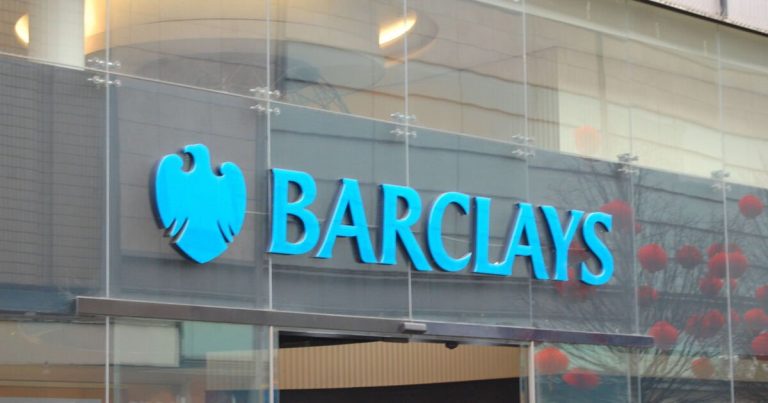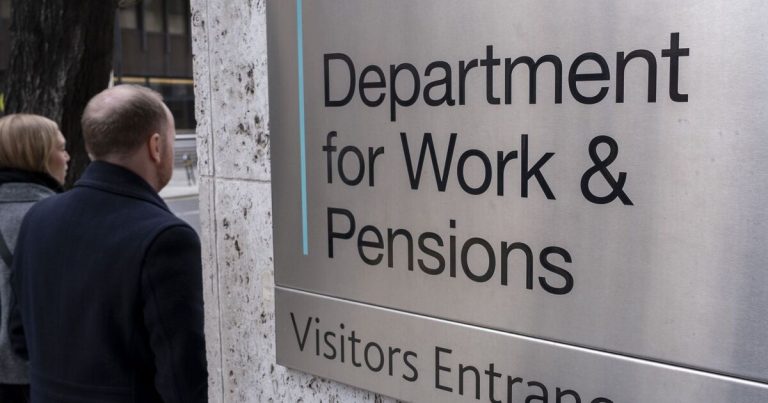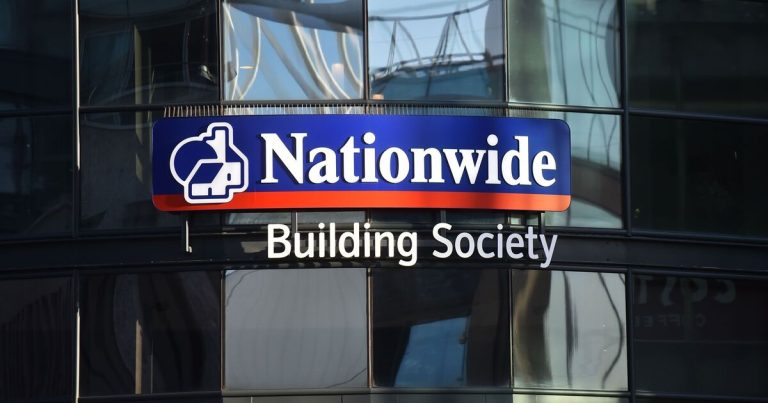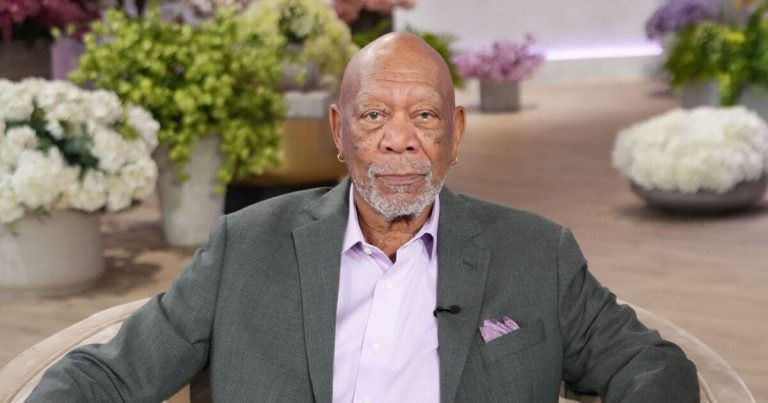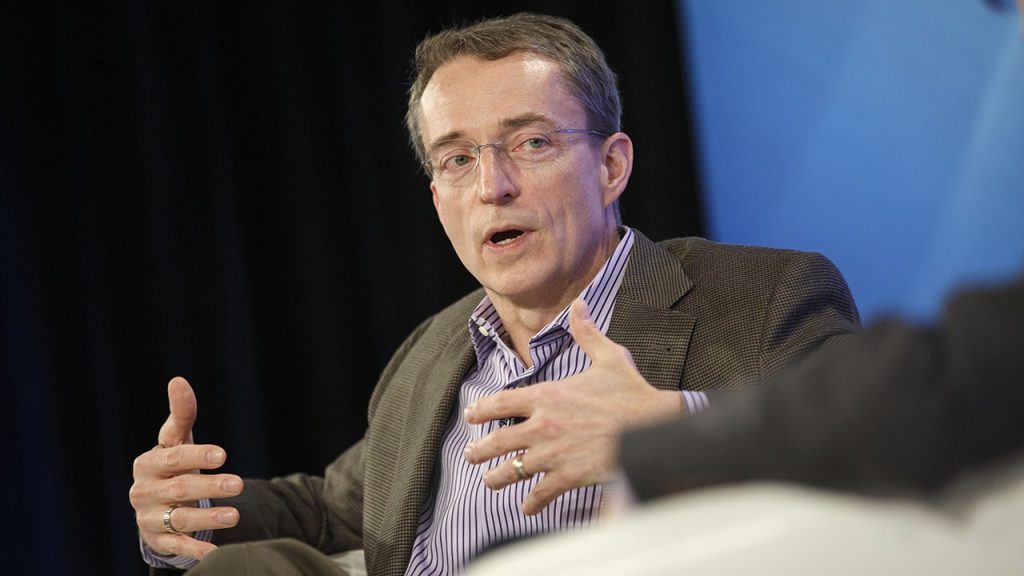
Futurum Group CEO Daniel Newman joins Varney & Co. to discuss alternatives to NVIDIA A.I. chips, Intel CEO Pat Glesinger stepping down and Salesforce getting z market boost from A.I. growth prospects.
Intel’s former CEO Pat Gelsinger is in line to receive millions of dollars in severance and other compensation following his decision this weekend to step down and retire from the struggling chipmaker.
The 63-year-old Gelsinger resigned from Intel and its subsidiary, Mobileye, on Sunday, Dec. 1, after spending three decades of his career at the company, including the last four years as its CEO. The chipmaker has struggled amid the rise of rivals like Nvidia and Taiwan Semiconductor Manufacturing Co., and Gelsinger’s departure comes in the midst of a four-year turnaround plan aimed at bolstering Intel’s chipmaking competitiveness.
Intel said in a filing with the Securities and Exchange Commission (SEC) that under Gelsinger’s covering 18 months of his current base salary of $1.25 million, plus one-and-a-half times his current target bonus of 275% of his base salary that would be payable over 18 months.
Taken together, the payments amount to just over $7 million. Gelsinger is also in line to receive his annual 2024 bonus pro-rated to 11 months, which could be upwards of more than $3 million but is variable based on the company’s performance.
INTEL CEO PAT GELSINGER RETIRES AS CHIPMAKER STRUGGLES
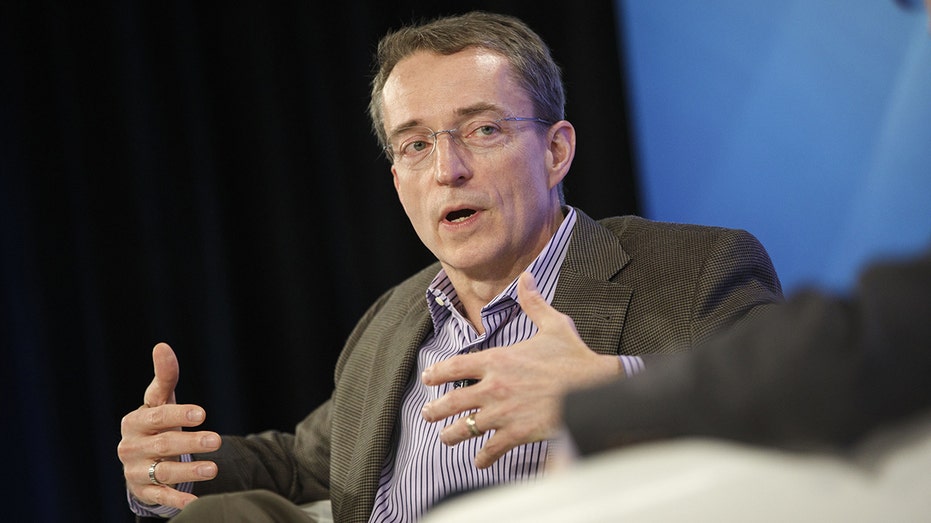
Former Intel CEO Pat Gelsinger is due to receive millions of dollars in compensation as severance following his resignation from the chipmaker. (Photographer: Patrick T. Fallon/Bloomberg via Getty Images / Getty Images)
“Leading Intel has been the honor of my lifetime – this group of people is among the best and the brightest in the business, and I’m honored to call each and every one a colleague,” Gelsinger said in a statement. “Today is, of course, bittersweet as this company has been my life for the bulk of my working career. I can look back with pride at all that we have accomplished together.”
He also acknowledged the difficulties the chipmaker has faced, adding that it “has been a challenging year for all of us as we have made tough but necessary decisions to position Intel for the current market dynamics. I am forever grateful for the many colleagues around the world who I have worked with as part of the Intel family.”
SHOULD STRUGGLING INTEL RECEIVE BILLIONS IN TAXPAYER DOLLARS?
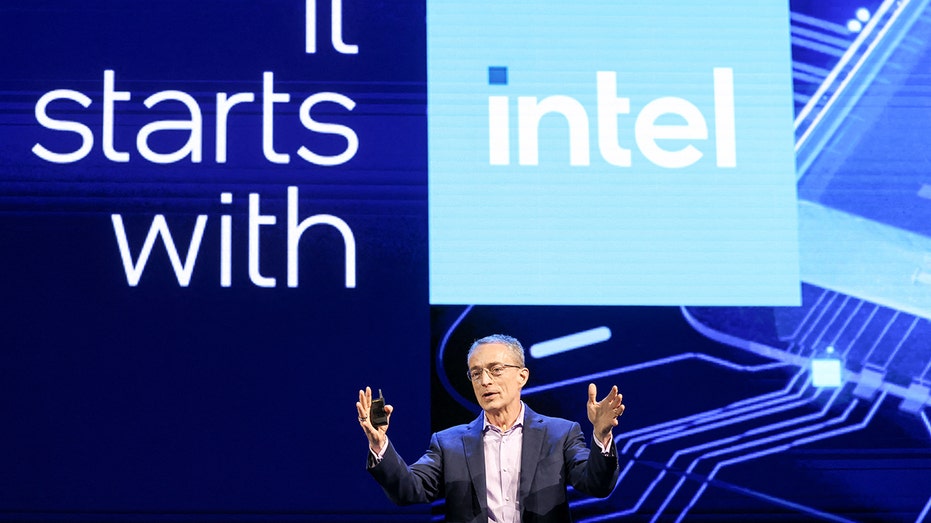
Intel CEO Pat Gelsinger delivers a speech at Taipei Nangang Exhibition Center during Computex 2024, in Taipei on June 4, 2024. (Photo by I-Hwa CHENG / AFP) (Photo by I-HWA CHENG/AFP via Getty Images) ( I-HWA CHENG/AFP via Getty Images) / Getty Images)
“While we have made significant progress in regaining manufacturing competitiveness and building the capabilities to be a world-class foundry, we know that we have much more work to do at the company and are committed to restoring investor confidence,” Frank Yeary, independent chair of the board of Intel, said in a statement.
| Ticker | Security | Last | Change | Change % |
|---|---|---|---|---|
| INTC | INTEL CORP. | 23.93 | -0.12 | -0.50% |
Two senior leaders, David Zinsner and Michelle Johnston Holthaus, will serve as interim co-CEOs while the board conducts a search for a new chief executive, which has already begun. The company said it has formed a search committee “and will work diligently and expeditiously” to find Gelsinger’s permanent replacement.
INTEL’S FINANCIAL STRUGGLES THREATEN BIDEN ADMIN CHIP STRATEGY
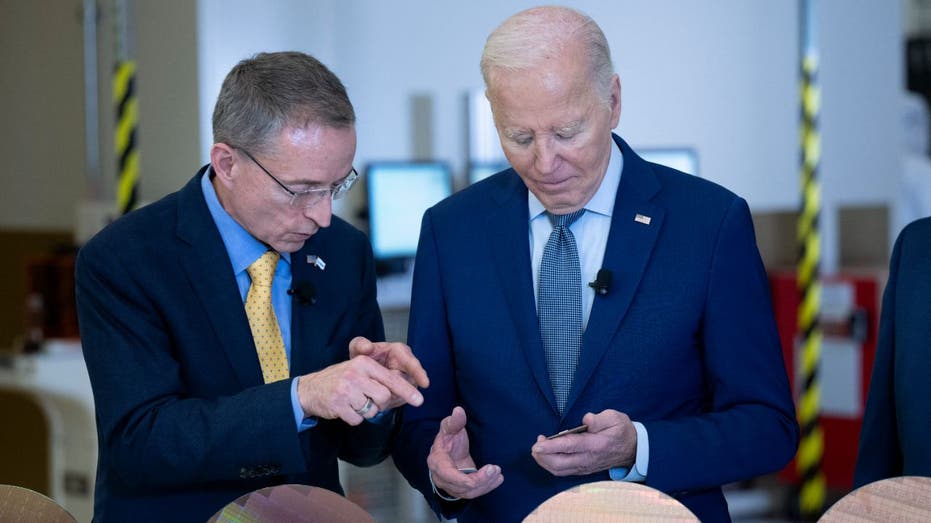
Then-Intel CEO Pat Gelsinger shows US President Joe Biden a processor and semiconductor wafer during a tour at Intel Ocotillo Campus in Chandler, Arizona, on March 20, 2024. (BRENDAN SMIALOWSKI/AFP via Getty Images / Getty Images)
The Oregonian/OregonLive reported that it’s unclear whether Zinsner and Holthaus will receive additional payments for serving as Intel’s interim CEOs, but that the company estimated that last year Zinsner’s compensation was $8.5 million while Holthaus’ was $9.2 million.
Intel has received billions of dollars in federal funds under the CHIPS Act, which provides grants, loans and tax credits to chipmakers aimed at returning more semiconductor manufacturing to the U.S. from overseas.
GET FOX BUSINESS ON THE GO BY CLICKING HERE
The Commerce Department awarded nearly $8 billion in CHIPS Act funding to Intel – though that amount was smaller than the company’s initial award under the law due to it receiving a $3 billion contract from the Department of Defense.
FOX Business’ Daniella Genovese and Breck Dumas contributed to this report.


